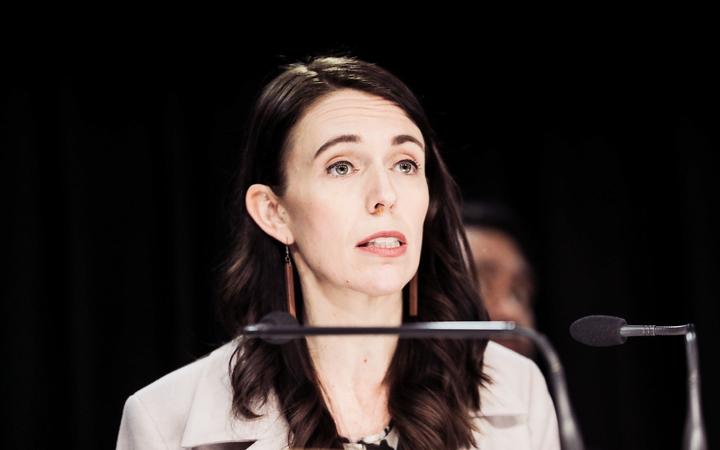Prime Minister Jacinda Ardern says work to get New Zealanders out of Afghanistan has ramped up, as commercial options become unavailable.
Yesterday the Ministry of Foreign Affairs and Trade said it was aware of 17 New Zealanders who were in Afghanistan, but Ardern said that number is now believed to be closer to 30 when citizens and family members were taken into account.
“The Ministry of Foreign Affairs and Trade have been actively trying to contact those that they believe may be in Afghanistan and working to get people out,” she said.
- READ MORE: Taliban militants have secured control over all major cities in Afghanistan
- LISTEN: ‘Things are moving very very quickly’ – Jacinda Ardern
“Previously there have been commercial options for people to leave on if they’re able to get to the point of departure. That will increasingly, if not already, no longer be an option,”
She said that was when the government would step up the work it was doing to try to get them out.
Ardern said that the situation was moving fast and quick decisions would need to be made in terms of those New Zealanders in Afghanistan.
“That is something we’ve been working on, as you can imagine, in a very changeable environment for the past, wee while and is something we will continue to work on.
Additional consideration
“There’s also for us … the additional consideration of those who may have who may have historically worked to support the New Zealand Defence Force or who may have been on the ground over many years in Afghanistan their safety situation, so that’s also something we’re moving as quickly as we can on,” she said.

Ardern said New Zealand had been working with partners to try and determine a safe passage for these New Zealanders, but would not give details about which other countries had been approached.
“There will be security issues around me giving much more detail than I’ve given now, but I can tell you we are working at the highest level alongside our partners to support those New Zealanders who may be on the ground.”
Interpreters contact NZ government
Cabinet is meeting today to consider whether New Zealand can evacuate Afghanistan nationals who supported our military efforts there. The situation is urgent, with civilian lives believed to be in danger.
A small group of people who were not eligible for the Afghan interpreters package in 2012 have now made contact with the New Zealand government, Ardern said.
She said fewer than 40 people, have identified themselves as having worked alongside New Zealand forces, but the majority of these cases are historic and they were not eligible under the previous National government’s “interpreter package”.
Ardern said at that time they were not seen as directly affected or at risk from the Taliban but the current situation has changed dramatically.
“It was basically interpreters at that time who were brought over as they were considered to have the strongest, or face to strongest risk at that time, there were others who weren’t eligible for that who have subsequently made contact.
“Cabinet will be discussing today what more needs to be done to ensure the safety of those who are directly connected to them.”
Ardern said they would need to ensure that these people were in fact working directly alongside the NZ Defence Force and that would be considered by Cabinet today.
Focused on security
She said it was too soon to look ahead with the international community to what would be done regarding the Afghanistan situation.
“We’re quite focused on the security situation on the ground right now, getting those who need to get out out, and doing what we can to support those who supported us, so that’s our immediate consideration I think then we’ll be looking over the horizon to what next with the international community.”
Ardern said it was devastating to see what was happening in Afghanistan now, but that did not diminish the roles of those New Zealanders who served there.
“Everyone makes the best decisions they can at the time they’re made … and in the environment in which they’re made and all I would say to our New Zealand troops who were in there, they would have seen for themselves the difference that they made at that time,” she said.
This article is republished under a community partnership agreement with RNZ.
This content originally appeared on Asia Pacific Report and was authored by APR editor.